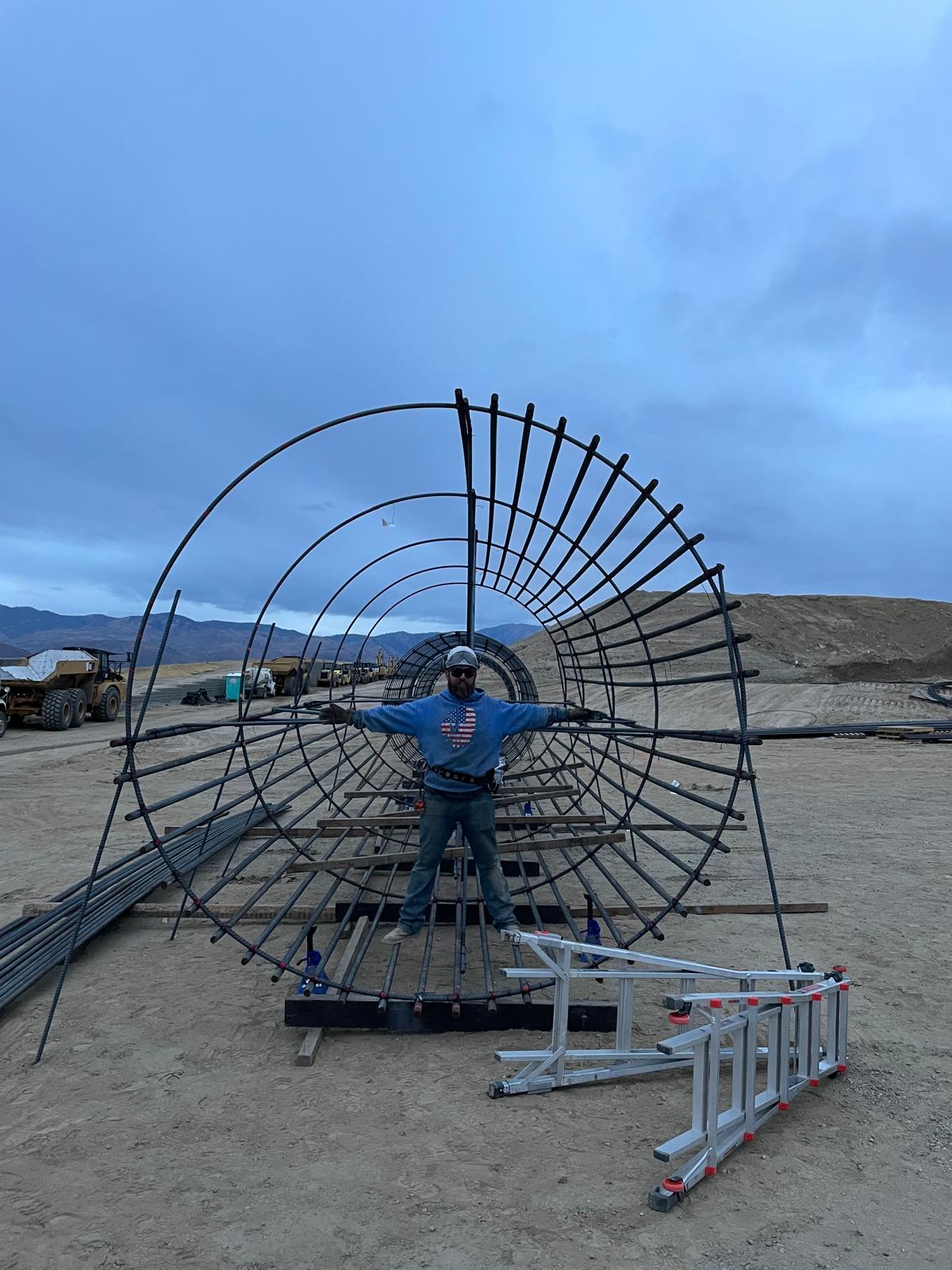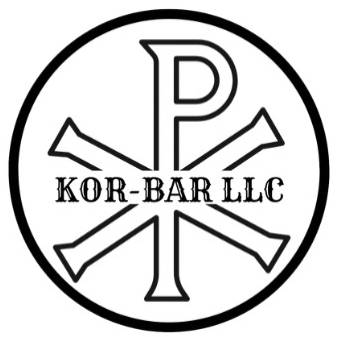Our Services
Get a Quote For Your Project
Rebar Installation
Rebar installation is a critical component in construction, involving the placement and securing of reinforcing steel bars (rebar) within concrete structures. Rebar significantly enhances the tensile strength of concrete, which is naturally strong in compression but weak in tension. Proper installation ensures the durability and structural integrity of the final construction.
- Enhanced Structural Integrity & Safety
- Cost-effective Construction
- Improved Construction Quality
- Compliance with Design Codes
- Facilitates Prefabrication
- Safety and Resolution of Conflicts Onsite
- Technological Integration
- Better Collaboration
- Enhanced Project Management
- As-Built Documentation
If you are looking for rebar estimation or detailing services please reach out to our trusted friends at RisingPrime Rebar https://risingprimerebar.com/ information on this page.
Key Steps in Rebar Installation
Planning and Preparation:
- Reviewing construction blueprints and specifications to determine rebar placement.
- Gathering materials, tools, and equipment necessary for installation.
Cutting and Bending:
- Cutting rebar to the required lengths using cutting machines.
- Bending rebar to specified shapes with precision to match design requirements.
Positioning and Placement:
- Laying rebar in precise positions according to the project design.
- Ensuring proper spacing, alignment, and overlaps for optimal structural support.
Tying Rebar:
- Securing intersections with wire ties to maintain alignment during concrete pouring.
- Using rebar chairs, spacers, or supports to keep rebar at the correct height.
Inspection and Quality Checks:
- Verifying alignment, spacing, and anchorage against project specifications.
- Ensuring all components comply with safety and quality standards.
Final Steps:
- Cleaning the rebar to remove debris or rust.
- Preparing the structure for concrete pouring.

Applications of Rebar Installation
Rebar is widely used in various construction projects, including:
- Residential and Commercial Buildings: Reinforcing walls, floors, and foundations.
- Infrastructure Projects: Strengthening bridges, tunnels, dams, and highways.
- Industrial Facilities: Enhancing durability in factories and warehouses.
- Retaining Walls and Slabs: Providing additional support for heavy loads.
Benefits of Proper Rebar Installation
- Increased Strength: Ensures the structure can withstand tensile and compressive forces.
- Durability: Enhances resistance to cracking, weathering, and heavy loads.
- Longevity: Improves the lifespan of the structure, reducing maintenance costs.
- Safety: Minimizes risks of structural failure under extreme conditions.
